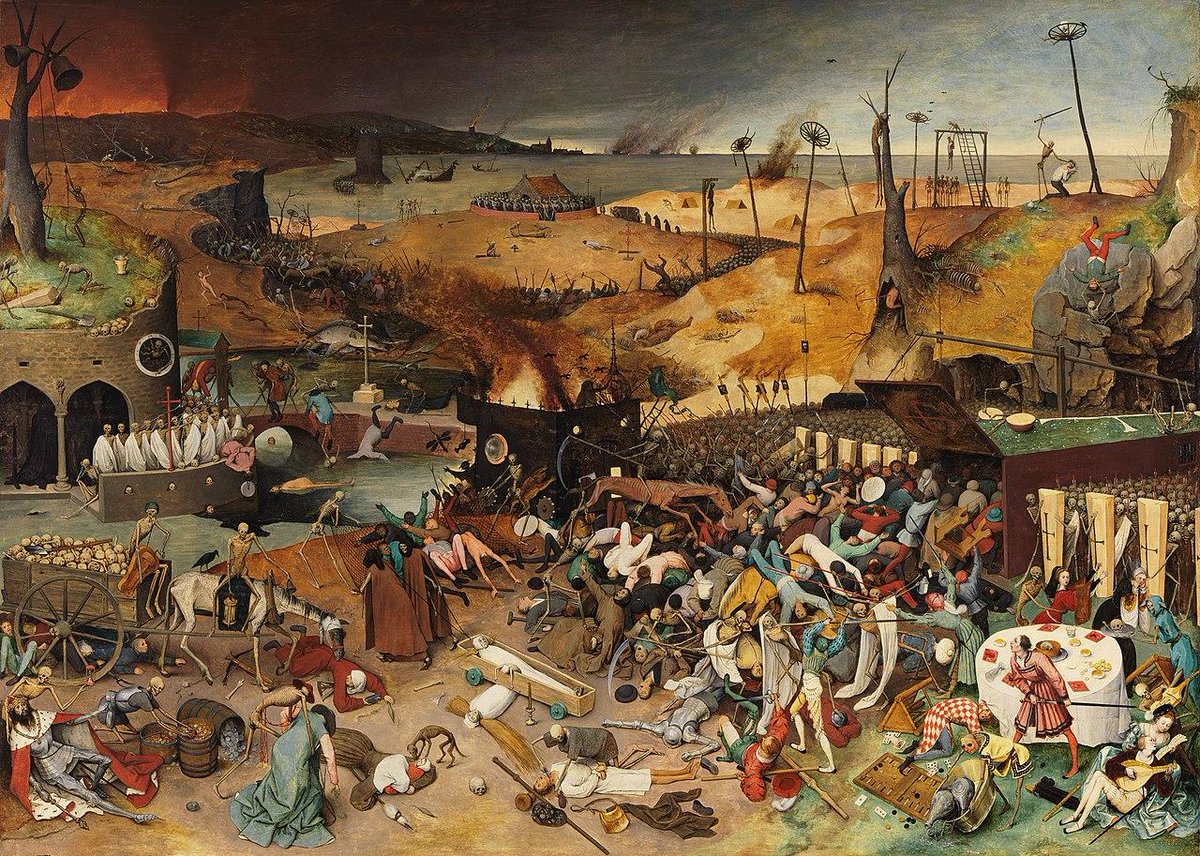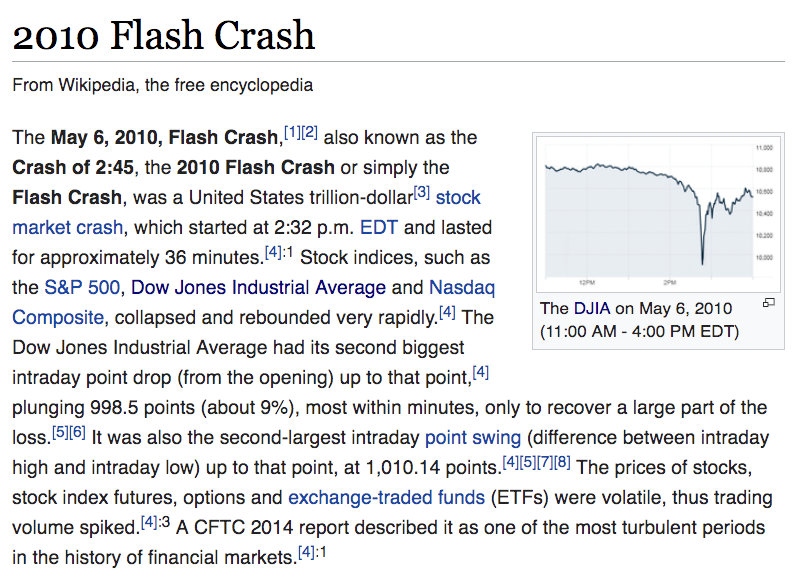In 2012 I participated in a small group discussion led by @doctorow. I chanced into it, but he painted a picture I've thought about often in the years since, and that has changed the way I see the world.
What follows is not literally @doctorow's words, but rather the ideas as they appear refracted through my memory and further reflection.
He reminded us of what was by then becoming Silicon Valley conventional wisdom, almost certainly correct, that software is eating the world.
That is, over time, more & more of the objects & systems in our world are having a software layer added. We no longer directly control them; rather their behaviour is mediated. This gives us extra capabilities, but also means a loss of control, ceding it to the software layer
You know the story: books are becoming mediated by a software layer. Cars are being mediated by a software layer. Home appliances. Even our bodies.
So too at a higher level, the systems that run our world: housing, transit, conversation (hi @jack! ), democracy, and almost every other human system.
Eventually it seems likely that everything from the tiniest objects to the largest systems will be mediated by a complex ecology of software.
What @doctorow pointed out is that that mediation layer is an absolute, full-on battleground.
It's a battleground of all the governments of the world. Companies. Not-for-profits. Activists. Black-hat hackers. White-hat hackers. Etcetera etcetera etcetera.
It's a battleground of all the governments of the world. Companies. Not-for-profits. Activists. Black-hat hackers. White-hat hackers. Etcetera etcetera etcetera.

Over time, invisible to most users, that battle is becoming fiercer & fiercer & fiercer, as the stakes rise & rise.
And because this mediation layer increasingly runs our lives, it has many of the characteristics of both law and infrastructure. But it's law and infrastructure subject to an increasingly fierce, ongoing, invisible battle by a multitude of interests.
We'll all be subject to the outcomes of that battle in unexpected ways, ways that will be profound, sometimes big and obvious, sometimes very hard to detect until after the fact 
https://x.com/rdonoghue/status/1144011630197522432

Anyways, I think often of that mediation layer now, and the battle for control, and wonder how it will turn out, and how the outcome can be influenced.
It seems likely that figuring out the principles & protocols of governance for this mediation layer will be one of the great challenges of the 21st century, a challenge much like figuring out the principles underlying, say, the US constitution.
Encouragingly, it seems like wisdom & deep thought can make a big difference. Ideas like freedom of speech, separation of powers, & religious freedom aren't obvious; they were invented by brilliant, humane people. I wonder what similar depth of thought can help achieve today?
As AI eats the world in the decades to come, this will apply especially strongly there...
• • •
Missing some Tweet in this thread? You can try to
force a refresh













